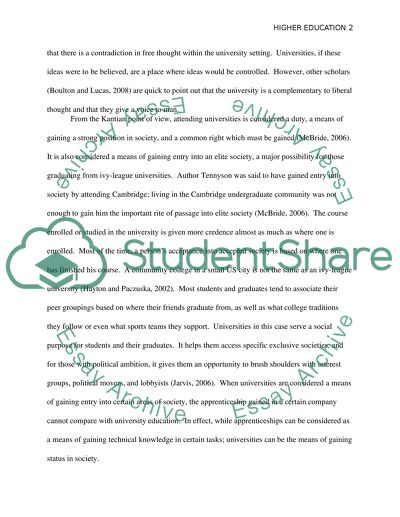Cite this document
(“Higher Education in Crisis: Whither the University Assignment”, n.d.)
Retrieved from https://studentshare.org/education/1394028-higher-education-in-crisis-whither-the-university
Retrieved from https://studentshare.org/education/1394028-higher-education-in-crisis-whither-the-university
(Higher Education in Crisis: Whither the University Assignment)
https://studentshare.org/education/1394028-higher-education-in-crisis-whither-the-university.
https://studentshare.org/education/1394028-higher-education-in-crisis-whither-the-university.
“Higher Education in Crisis: Whither the University Assignment”, n.d. https://studentshare.org/education/1394028-higher-education-in-crisis-whither-the-university.


